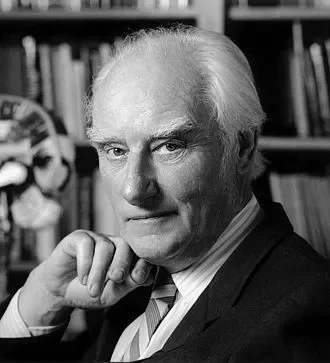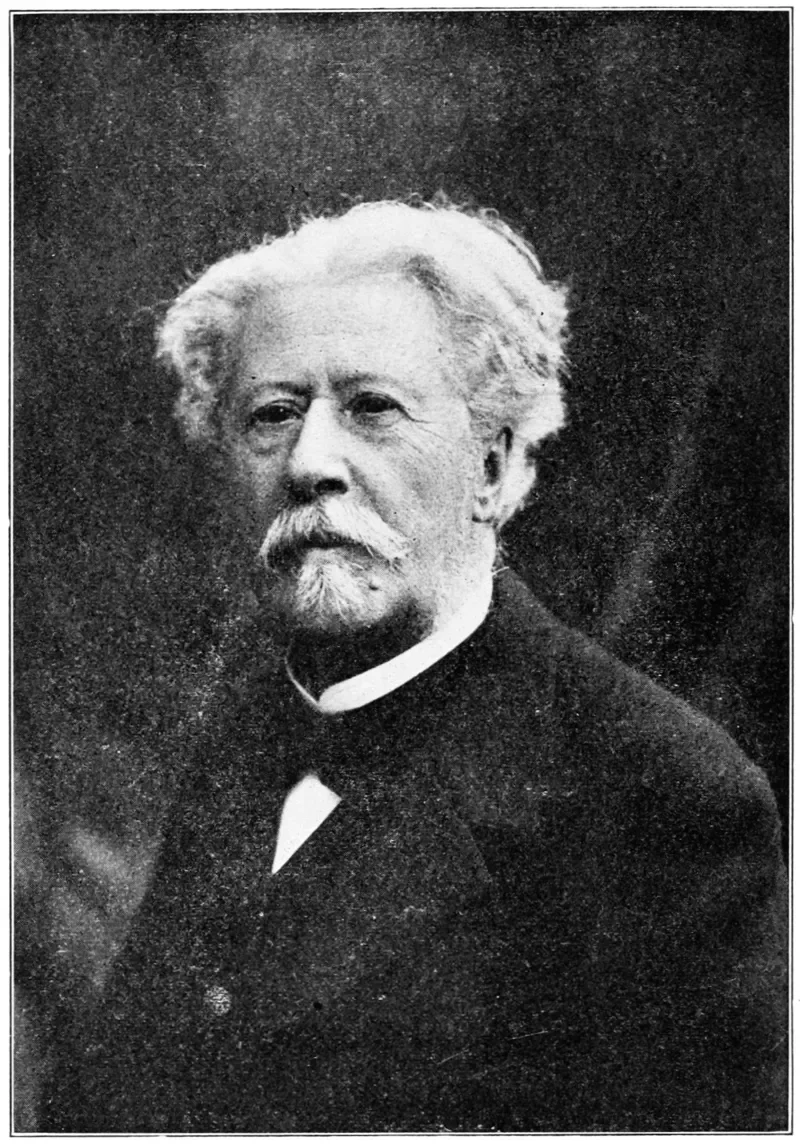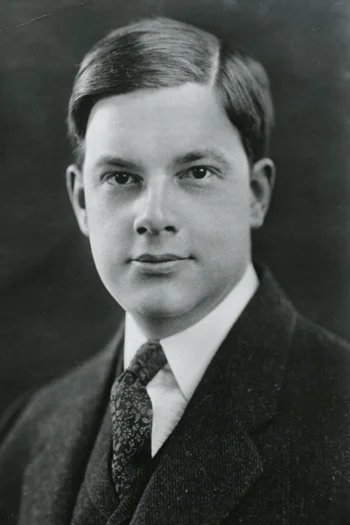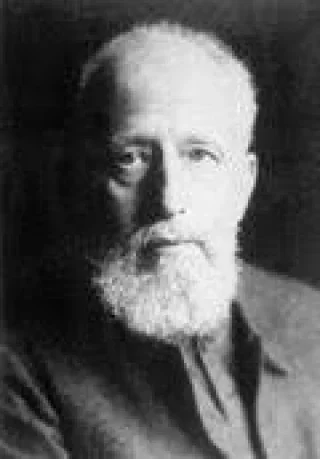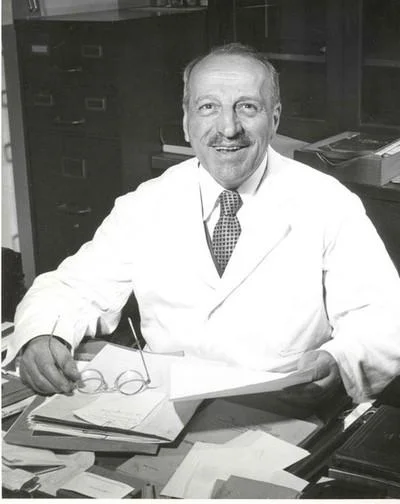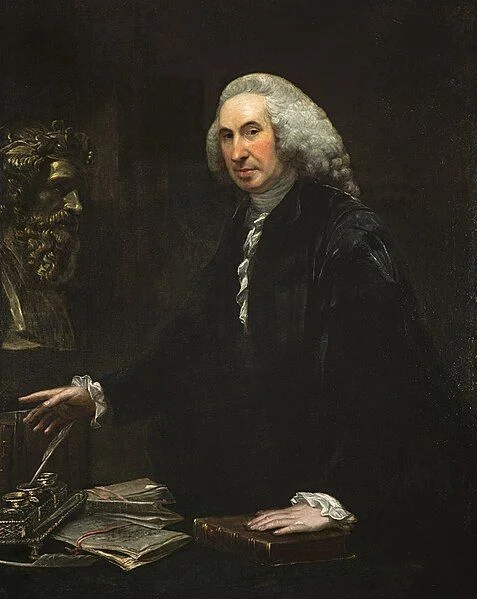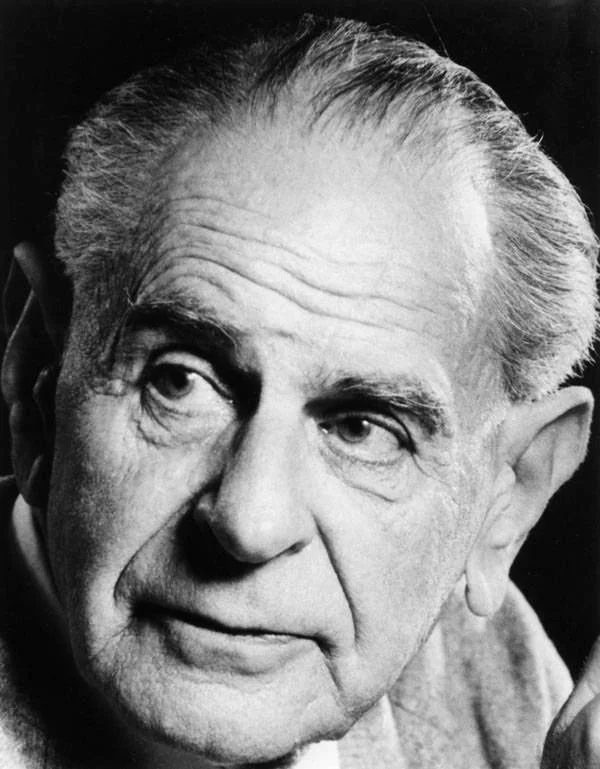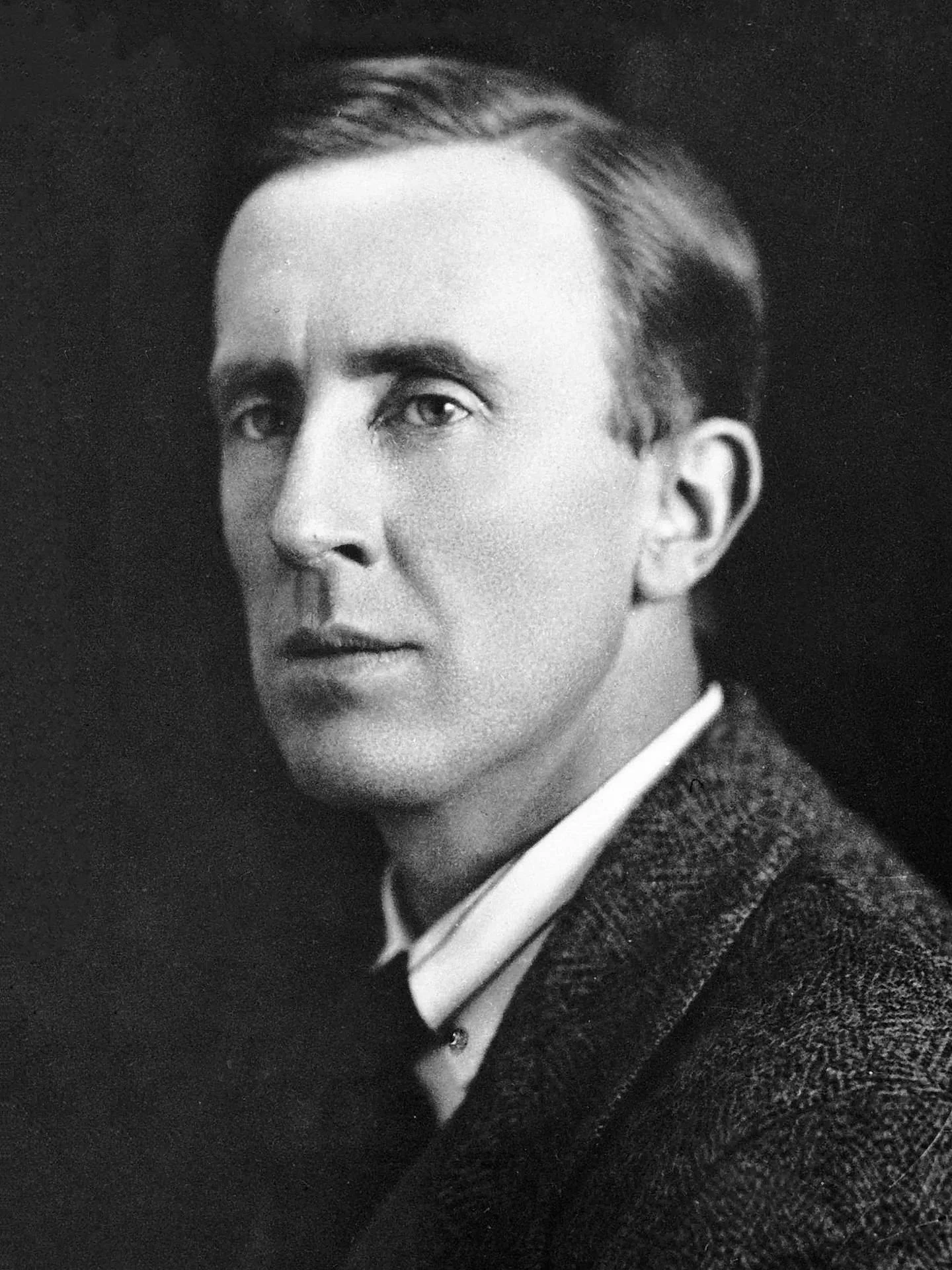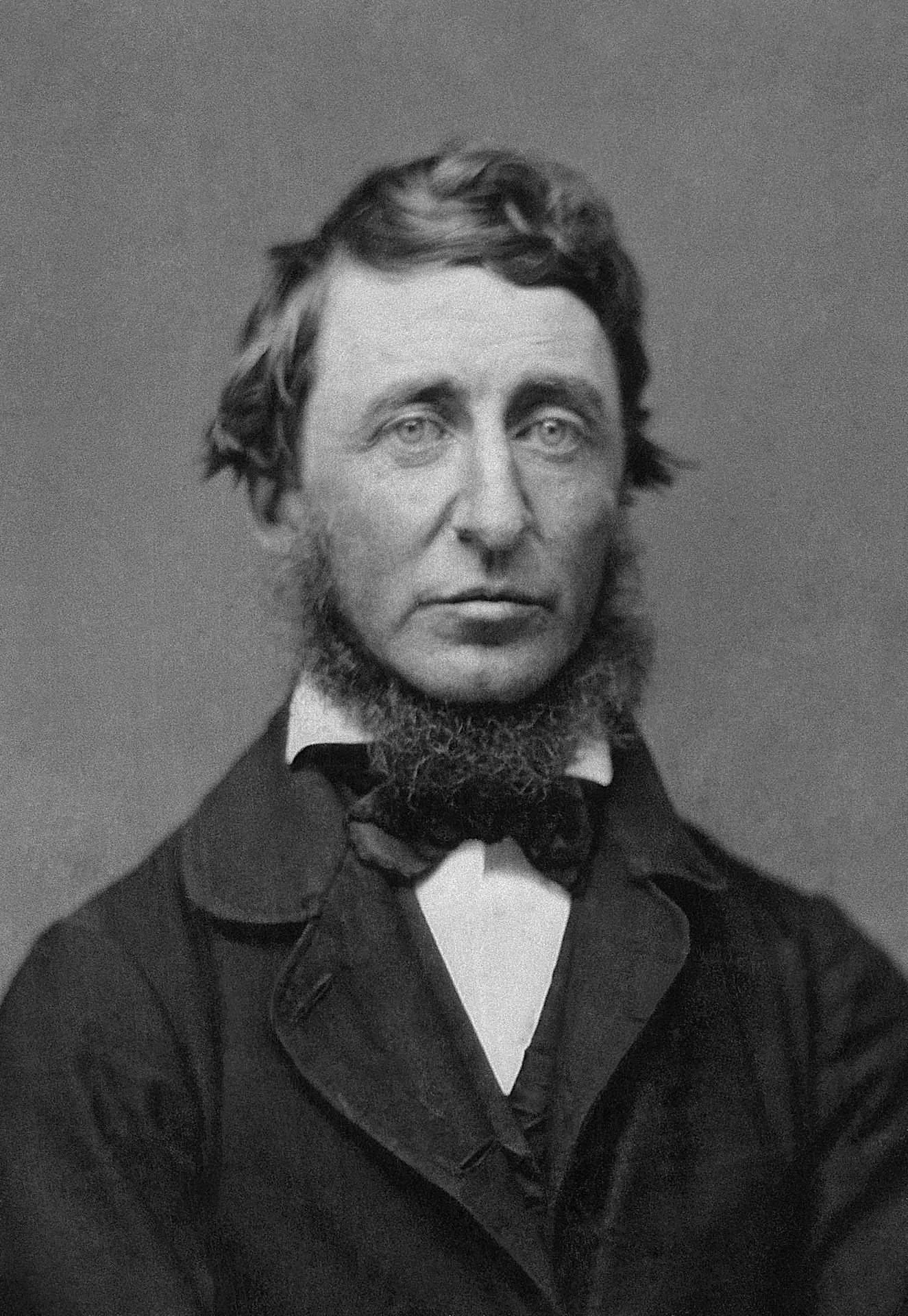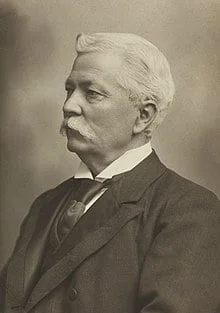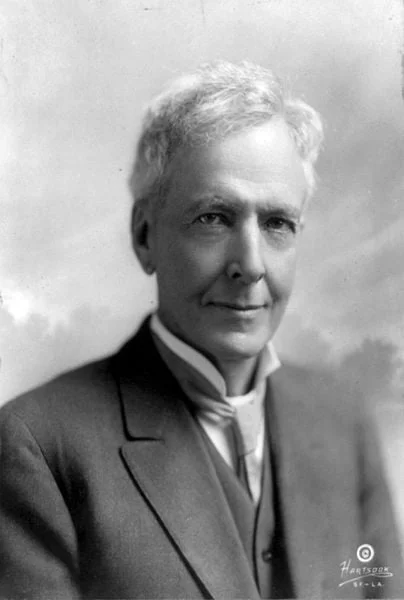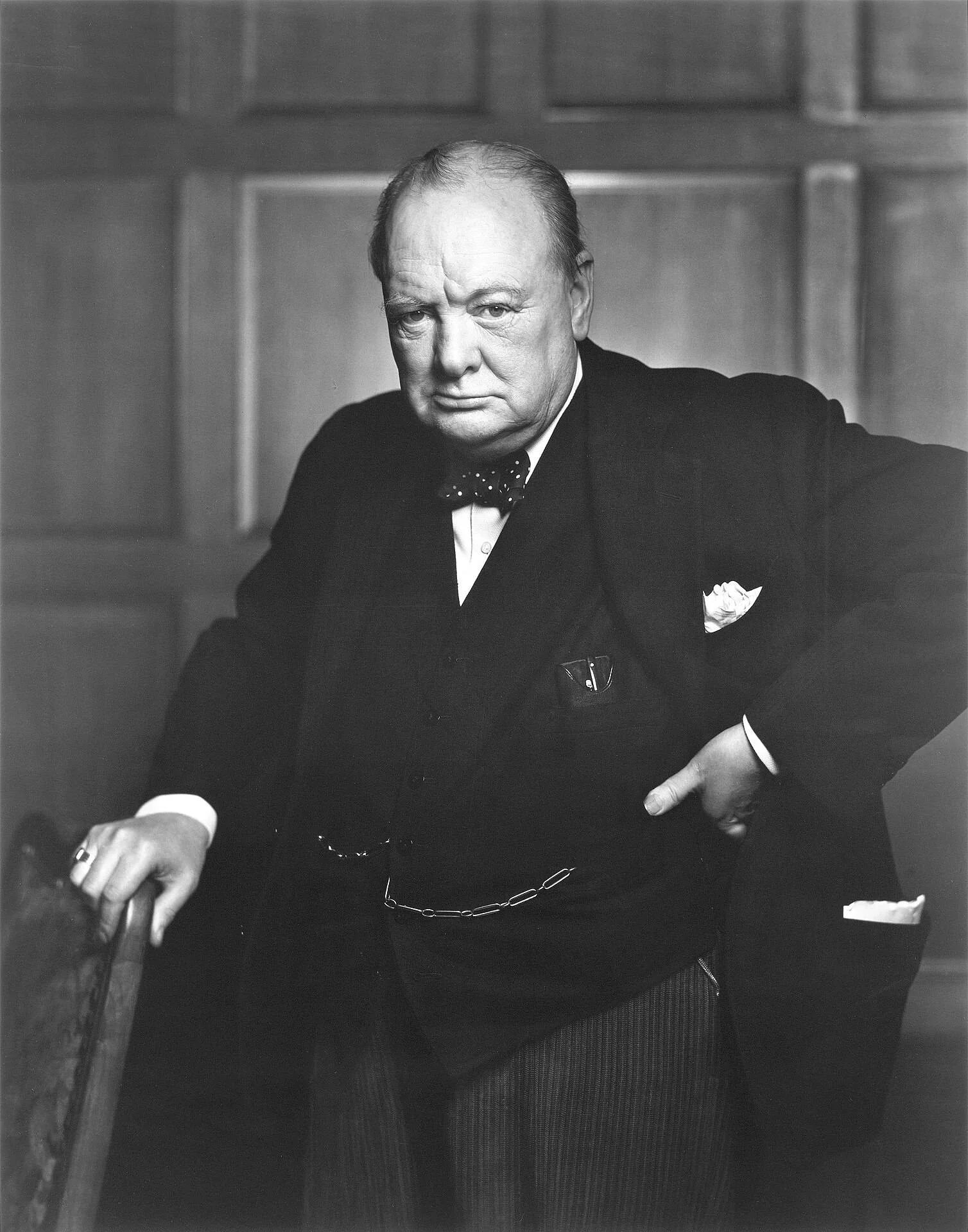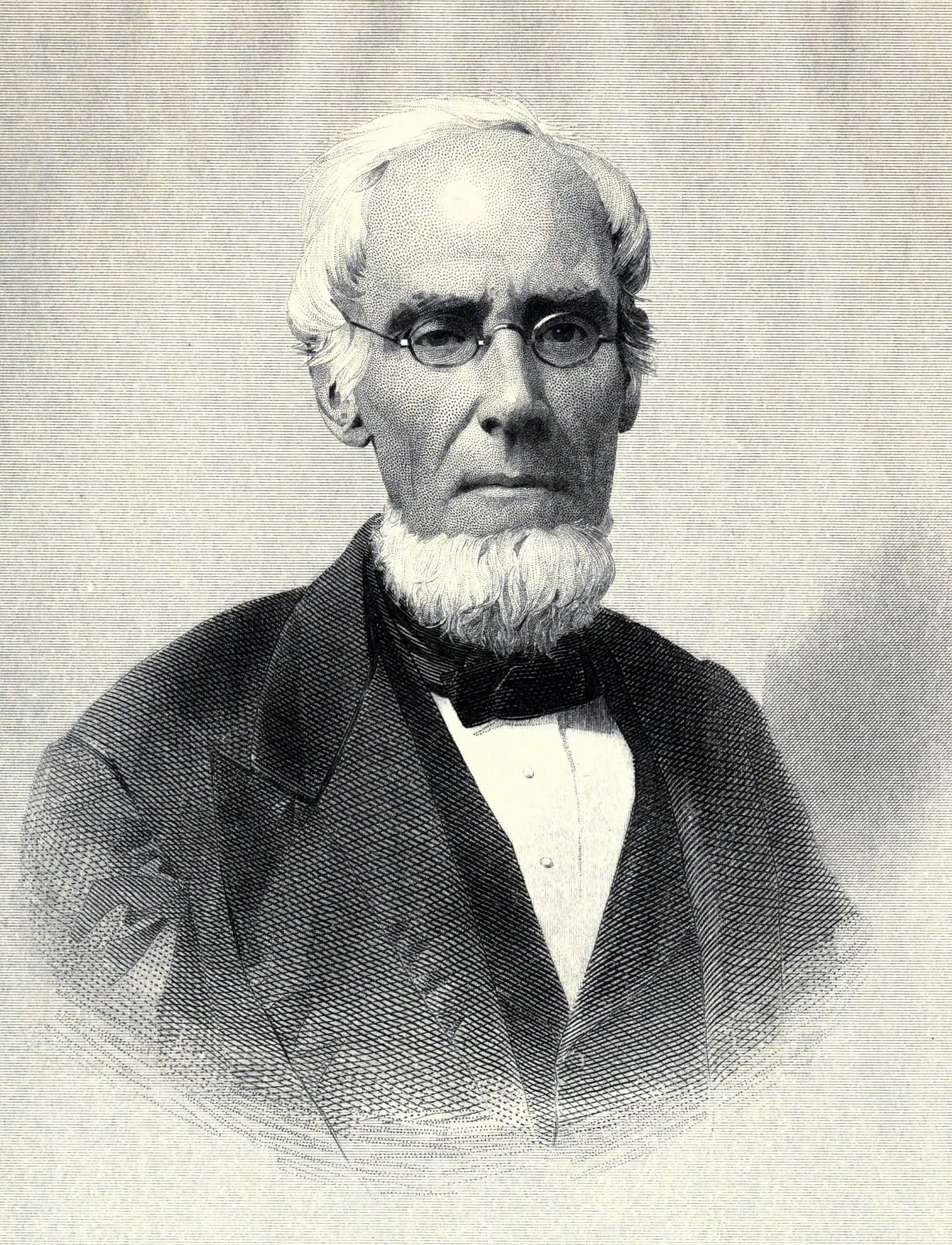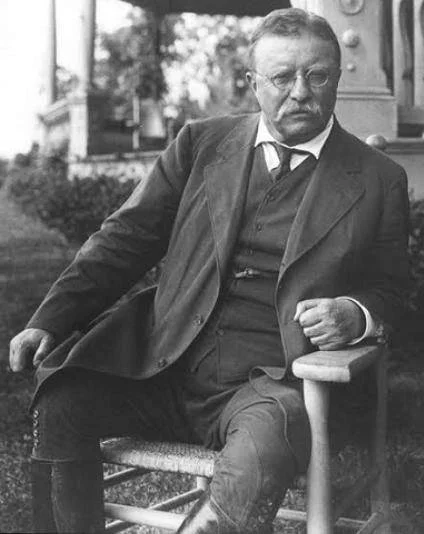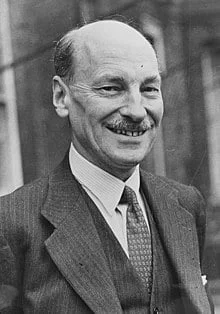Real Celebrities Never Die!
OR
Search For Past Celebrities Whose Birthday You Share
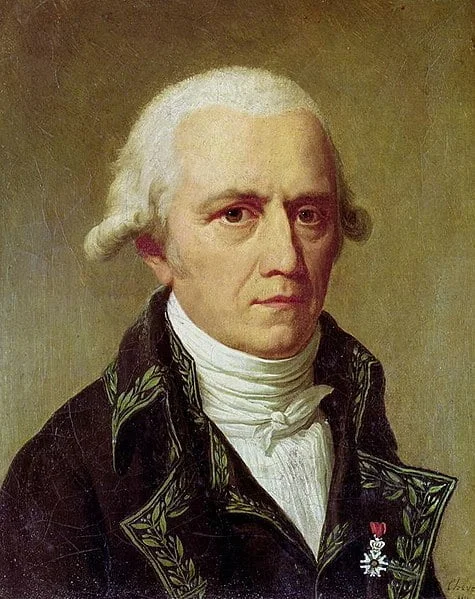
source:wikipedia.org
Jean Baptiste Lamarck
Birthday:
01 Aug, 1744
Date of Death:
18 Dec, 1829
Cause of death:
Age-related complications
Nationality:
French
Famous As:
Academic
Age at the time of death:
85
Jean Baptiste Lamarck's Quote's
Early Life and Background
Jean Baptiste Lamarck was born on August 1, 1744, in Bazentin-le-Petit, France. He grew up to become a naturalist and innovator, developing one of the earliest evolutionary theories. Lamarck’s ideas have had a lasting impact on our understanding of life.
Shift from Military to Science
Lamarck began his career in military service, fighting in the Seven Years’ War. However, a visit to the botanical garden marked a turning point in his life, sparking a deep fascination with the natural world. This experience led him to devote his life to scientific research.
Contributions to Botany and Paleontology
Lamarck made significant contributions to science, particularly in botany, where he categorized thousands of plant species. He coined the term “Biology” for the study of living organisms and laid the foundation for invertebrate paleontology by naming and studying numerous fossils.
Lamarck’s Evolutionary Theory
Lamarck is best known for his theory of evolution, which proposed that organisms could pass on traits acquired during their lifetime to their offspring. He used the example of giraffes stretching their necks to reach higher leaves, believing that these acquired traits would be inherited by future generations. Although this theory was later disproved, it opened the door for future evolutionary studies.
Influence on Evolutionary Thought
Despite the flaws in his theory, Lamarck’s ideas significantly contributed to the development of evolutionary thought. He was the first to popularize the term “evolution,” laying important groundwork for Charles Darwin’s theory of natural selection.
Personal Life and Challenges
Lamarck was married three times and had several children. Despite his scientific accomplishments, he faced financial difficulties throughout his life. As his theories encountered opposition from the scientific community, Lamarck’s work was often dismissed or ridiculed. Nevertheless, he persisted in publishing his studies.
Legacy and Death
Jean Baptiste Lamarck passed away on December 18, 1829, in Paris, France, at the age of 85. Although many of his ideas were later revised, his contributions to evolutionary biology, paleontology, and natural history remain significant and continue to influence scientific thought today.
Enduring Impact
Lamarck’s work was revolutionary for his time, and though later challenged by advances in genetics and evolution, his contributions to evolutionary biology are still recognized. His pioneering efforts in paleontology and natural history remain an important part of scientific history.
Name:
Jean Baptiste Lamarck
Popular Name:
Jean Baptiste Lamarck
Gender:
Male
Cause of Death:
Age-related complications
Spouse:
Place of Birth:
Bazentin, Picardy, France
Place of Death:
Paris, France
Occupation / Profession:
Personality Type
Logician: Innovative inventors with an unquenchable thirst for knowledge. He was very innovative and he could think beyond the traditional ways.
He believed internal forces drove evolution: Unlike Darwin's focus on external selection pressures, Lamarck proposed internal drives pushed organisms towards complexity.
He coined the term "invertebrate": Prior to Lamarck, invertebrate animals lacked a unifying designation.
He opposed spontaneous generation: While some believed life spontaneously arose from non-living matter, Lamarck argued for continuous descent from earlier life forms.
His theory influenced artists and thinkers: Lamarck's ideas resonated with writers like Mary Shelley and artists like Etienne Geoffroy Saint-Hilaire, inspiring creative explorations of evolution.
He Proposed the theory of inheritance of acquired characteristics, coined the term “Biology,” classified numerous plant and fossil species, laid the groundwork for invertebrate paleontology.
Jean Baptiste Lamarck did not receive traditional awards or recognitions during his lifetime, but his contributions to the field of evolutionary biology have been honored through the naming of species and scientific landmarks in his honor.

